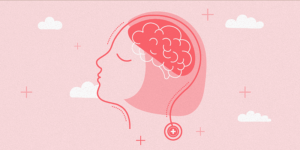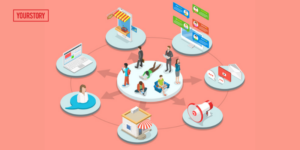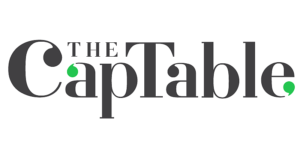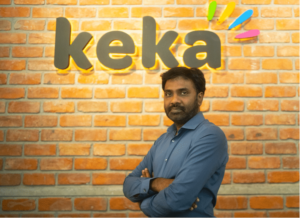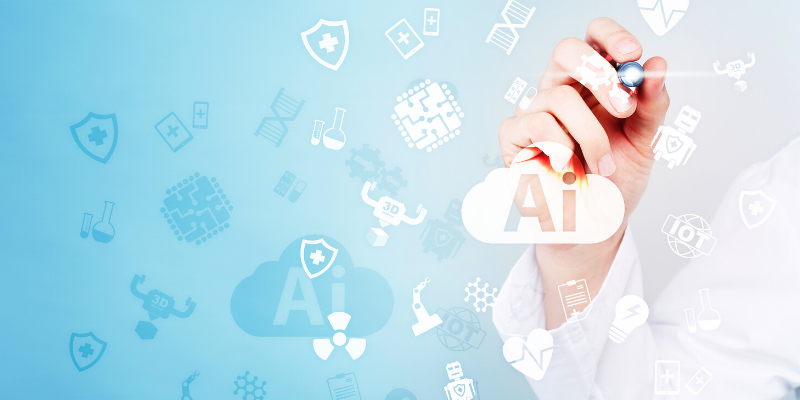
In the era of technological advancements, AI-enabled tools have revolutionised various aspects of our lives, and healthcare is no exception. One striking development is the rise of do-it-yourself (DIY) diagnostics empowered by artificial intelligence (AI).
The innovative approach empowers patients to take charge of their health, enabling early detection, personalised monitoring, and informed decision-making.
Early detection and diagnosis
One of the most significant advantages of AI-enabled DIY diagnostics is its potential to facilitate early detection and diagnosis of diseases. Traditional healthcare systems often encounter delays due to limited resources, resulting in missed opportunities for timely intervention.
However, AI-driven tools can analyse vast amounts of medical data quickly and accurately, helping patients identify health issues at an early stage.
Statistics show that AI-based diagnostic tools have achieved remarkable success. A study conducted by Stanford University found that an AI algorithm could accurately diagnose skin cancer. The algorithm’s accuracy rate was an impressive 95%, whereas the dermatologists’ average accuracy was 86%.
It not only demonstrates the potential of AI in accurate diagnostics but also showcases the technology’s ability to outperform human experts.
Personalised monitoring and treatment
AI-powered DIY diagnostics also facilitate personalised health monitoring, enabling patients to track their health parameters regularly. Continuous monitoring is crucial for managing chronic conditions, including diabetes, hypertension, and heart disease.
By providing real-time insights, AI tools empower patients to make informed decisions about their lifestyles and treatment plans.
In India, chronic diseases are a growing concern, and AI-enabled tools are making a significant impact. According to the World Health Organisation, non-communicable diseases account for about 63% of all deaths in India.
AI-powered wearables and mobile applications are helping patients monitor their blood glucose levels, heart rate, and physical activity, thereby assisting them in managing their conditions effectively. These tools bridge the gap between doctor visits, empowering patients to take proactive steps toward better health.
Accessible healthcare in remote areas
AI-enabled DIY diagnostics also have the potential to address healthcare disparities in remote and underserved areas. In India, where access to quality healthcare is challenging in many regions, AI tools can play a transformative role.
According to a report by The Lancet, India sees a shortage of 600,000 doctors and two million nurses. AI-powered diagnostic tools can act as virtual healthcare providers, enabling individuals in remote areas to receive timely and accurate assessments.
The success of this approach is evident in the impact of AI-enabled point-of-care devices, including portable ultrasound scanners and handheld diagnostic kits equipped with AI algorithms, which can analyse medical images and provide immediate insights.
A study published in the journal PLOS ONE highlighted the efficacy of an AI-powered smartphone app that can accurately diagnose tuberculosis—a prevalent disease in India. The app’s accuracy rate was 85% compared to traditional laboratory methods, making it a valuable tool for early detection in resource-limited settings.
Empowering patients through education
AI-powered DIY diagnostics not only provide health insights but also empower patients through education. These tools offer detailed explanations of medical conditions, treatment options, and potential risks, enabling patients to make informed decisions about their health.
In India, where health literacy varies widely, AI-driven educational platforms are making a difference. For instance, AI-powered chatbots offer personalised health advice and information in multiple languages, catering to diverse populations, which fosters health awareness and encourages proactive engagement with one’s well-being.
Conclusion
The fusion of artificial intelligence with healthcare is reshaping how patients engage with their health. AI-enabled DIY diagnostics empower patients to take control of their well-being by facilitating early detection, personalised monitoring, and informed decision-making.
The statistics and success stories from India and around the world underscore the potential of this transformative approach. As AI advances, its integration into healthcare holds the promise of a healthier, more informed, and empowered patient population.
Dinesh Chauhan is the CEO of CORE Diagnostics.
Edited by Suman Singh
(Disclaimer: The views and opinions expressed in this article are those of the author and do not necessarily reflect the views of YourStory.)


